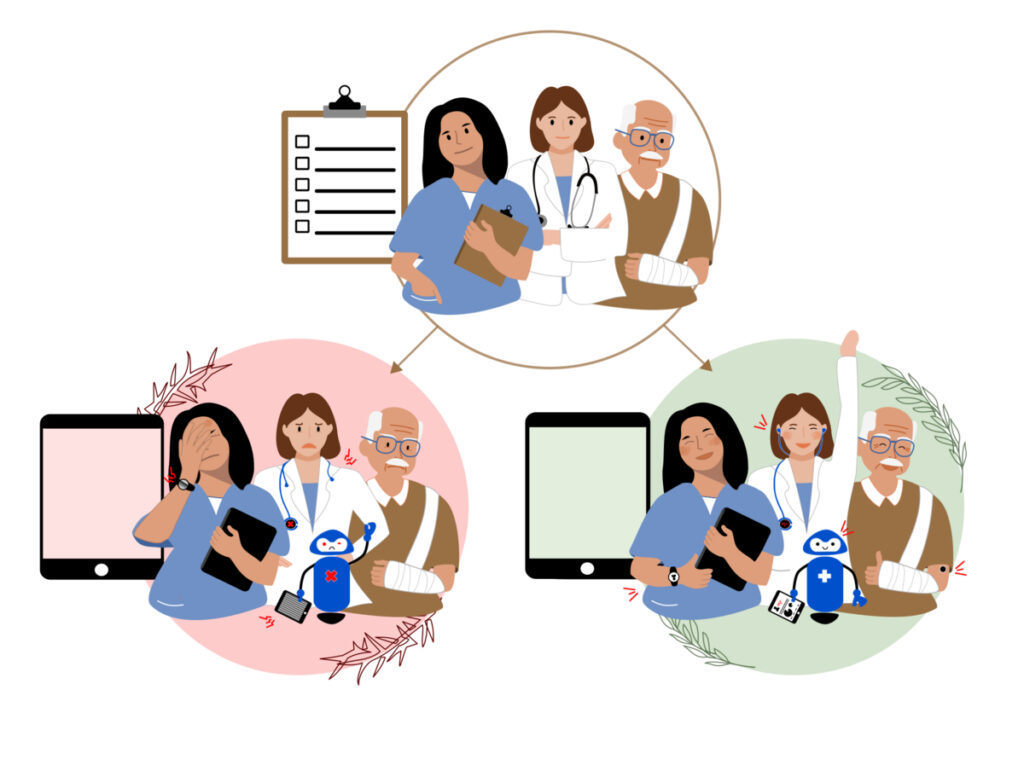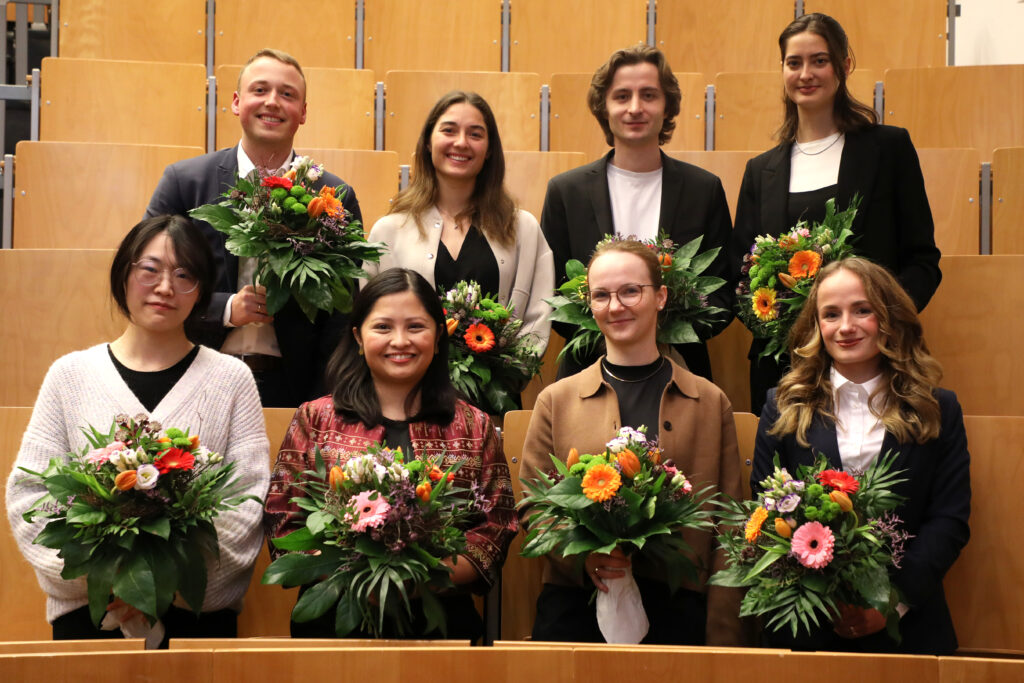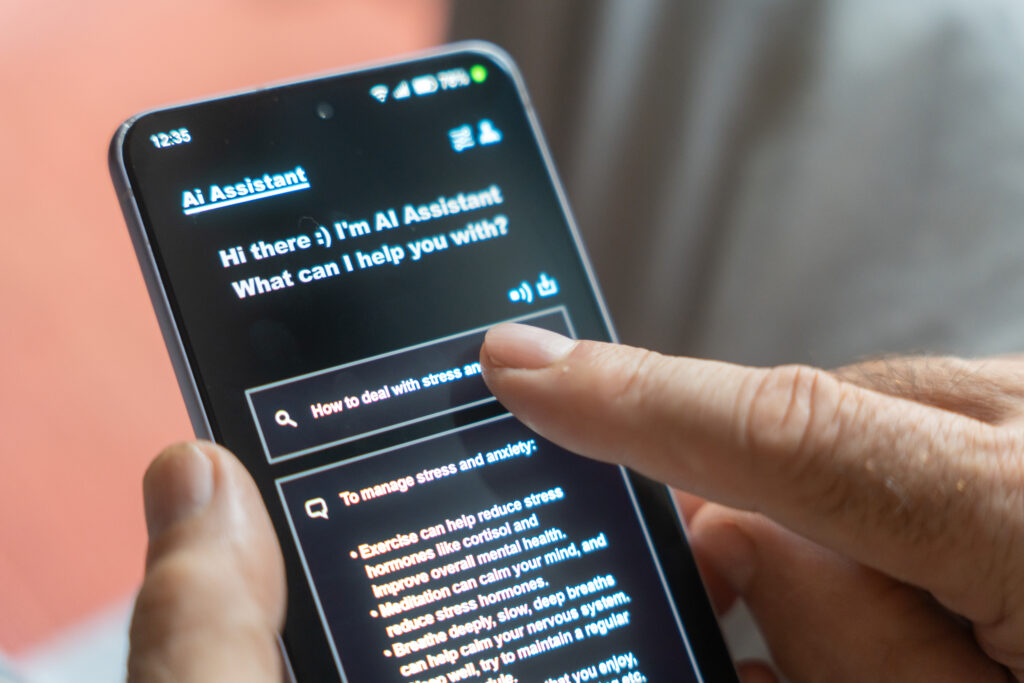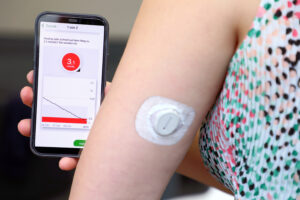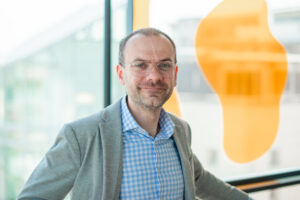The project partners in the BMBF’s SEMECO future cluster are convinced that the future of medical technology lies in the combination of digital innovation, safety and improved approval processes. The German government is funding the joint projects with up to €45 million over the next nine years.
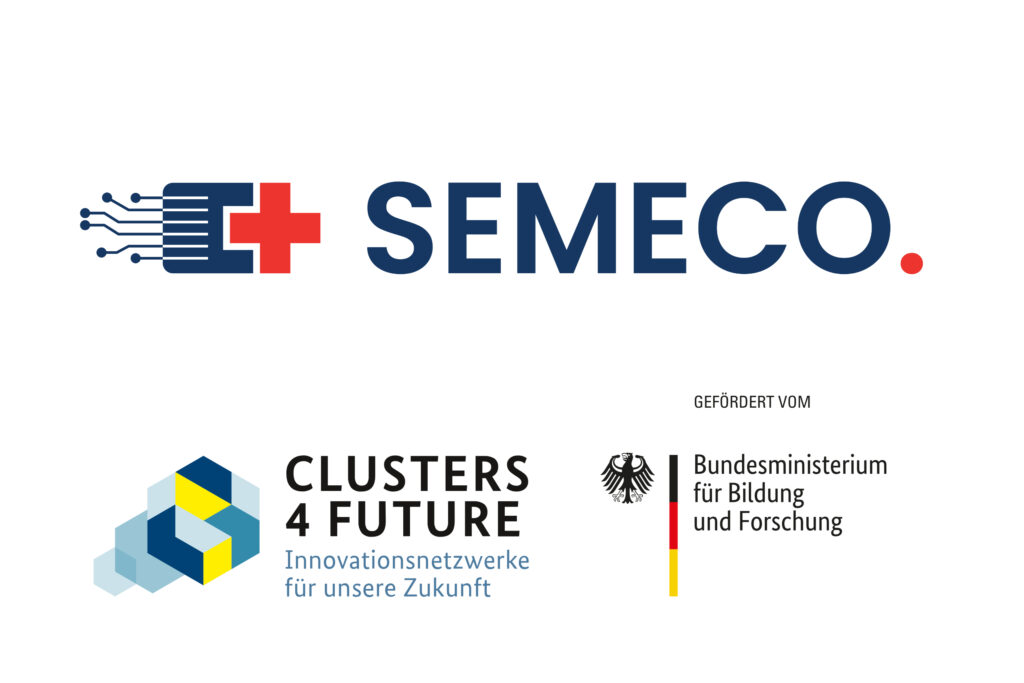
In May, the SEMECO (Secure Medical Microsystems and Communications) future cluster kicks off with partners from the Technische Universität Dresden. The goal is ambitious: to break the innovation logjam in the medical technology industry, accelerate innovation cycles and revolutionize conventional approval processes with the support of artificial intelligence (AI).
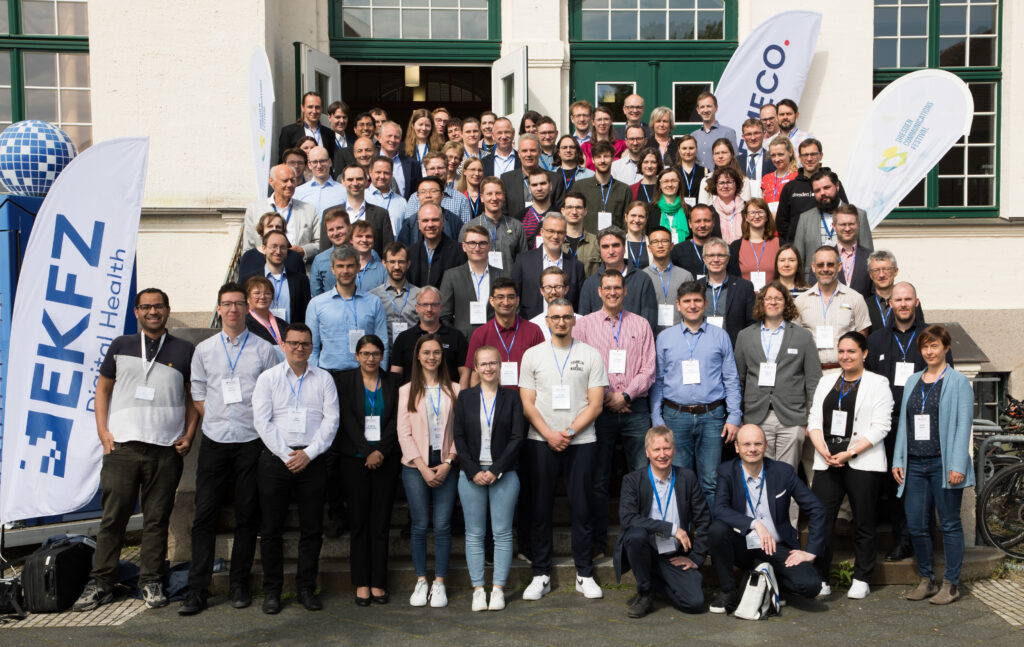
The SEMECO future cluster is Europe’s first medical electronics cluster focused on medical needs. We want to accelerate the pace of innovation for smart medical devices and implants. AI-supported regulatory technology, modular system architecture and dedicated microsystems are the focus of our work.
Prof. Gerhard Fettweis, Project Coordinator
Close collaboration between academia and industry
The technological basis of many medical devices today is far behind what we are used to from smartphones, for example. This is because device development is still mostly monolithic rather than modular. This slows down the pace of development. While products are becoming more complex, the process of getting approval is also becoming more complex. “Our vision is to develop and approve modularized and digitally connected medical devices and implants more quickly. The challenge is to close the gap between the latest technological possibilities and their practical application in medicine,” says Prof. Fettweis. “In our cross-sectional and application projects, manufacturers and academic institutions work closely together in interdisciplinary teams. The goals of the alliance are gentler and better diagnostics and therapy, more modern work, affordable innovative medicine and highly integrated, networked products that are approved more quickly,” says project coordinator Prof. Jochen Hampe.
Regional promotion of innovation in cross-sectional and application projects
At the leading academic and industrial location for microelectronics, communications technology and explainable AI, the future cluster offers ideal conditions for innovative and sustainable cooperation in the environment of the Technische Universität Dresden, the Else Kröner Fresenius Center for Digital Health, the 5G++Lab Germany and the Barkhausen Institute. A key strength of the future cluster lies in the primarily, but not exclusively, regional bundling of scientific excellence of leading research and industry partners. In order to support the regional science and economy, the Free State of Saxony held out a prospect of funding for more application projects in the first phase. In the SEMECO cluster, scientists are working together in eight different projects. The cross-cutting projects focus on solving fundamental architectural, organizational and technological issues. The application projects access the core technology depending on the content requirements and put the SEMECO concept into practice.
The four cross-sectional projects
- With the help of strong technology partners, a modular, scalable, secure and trustworthy platform for medical microsystems will be created.
- The project partners are developing a modular, AI-enabled framework for the certification of medical microsystems.
- The project provides a reliable and trustworthy communication platform for applications in the clinical environment as well as in remote monitoring.
- The project promotes the economic translation of SEMECO concepts and social dialogue.
Four examples of the application projects
- One project is enabling a new generation of CT scanners by replacing traditional data transmission with a dedicated wireless solution.
- Another project is developing a novel communication implant that goes far beyond the functionality of today’s hearing aids.
- One project aims to replace traditional patient monitoring. In the future, patch-applied sensors will transmit various health data easily and wirelessly via a modern broadband connection.
- The project team is developing an active smart capsule endoscope that has adaptive anchoring mechanisms, tissue and liquid biopsy sampling capability and a broadband chemical sensing system for in vivo microbiome mapping.
Background Clusters4Future
With the Clusters4Future competition, the German Federal Ministry of Education and Research promotes excellent, primarily regional networks. In the second round of the competition, SEMECO (Secure Medical Microsystems and Communications) was selected by an independent jury of experts as one of seven winners from 117 submissions. The first of up to three possible implementation phases will start in May 2023. For an initial project duration of three years, SEMECO will receive funding of up to 15 million euros. The project term can be extended to up to nine years with correspondingly increased funding. SEMECO is coordinated by Prof. Dr.-Ing. Gerhard Fettweis (spokesperson) and Prof. Dr. med. Jochen Hampe (vice spokesperson).
More News
Carl Gustav Carus Awards for three EKFZ affiliated young researchers
Virtual companions, real responsibility


